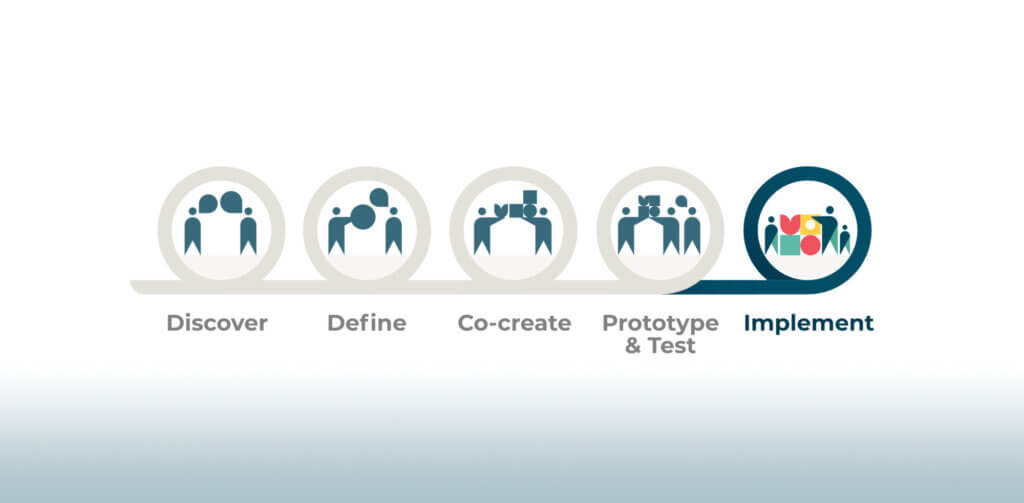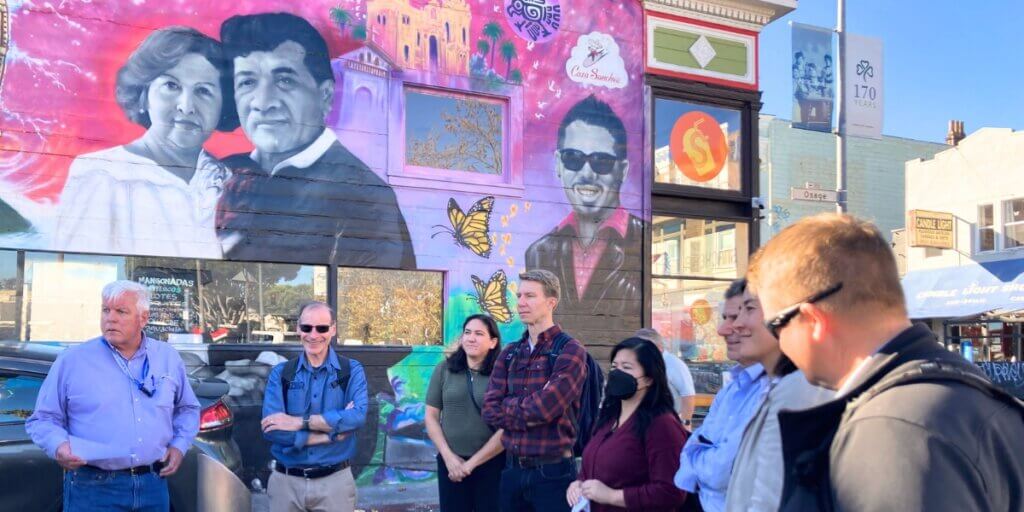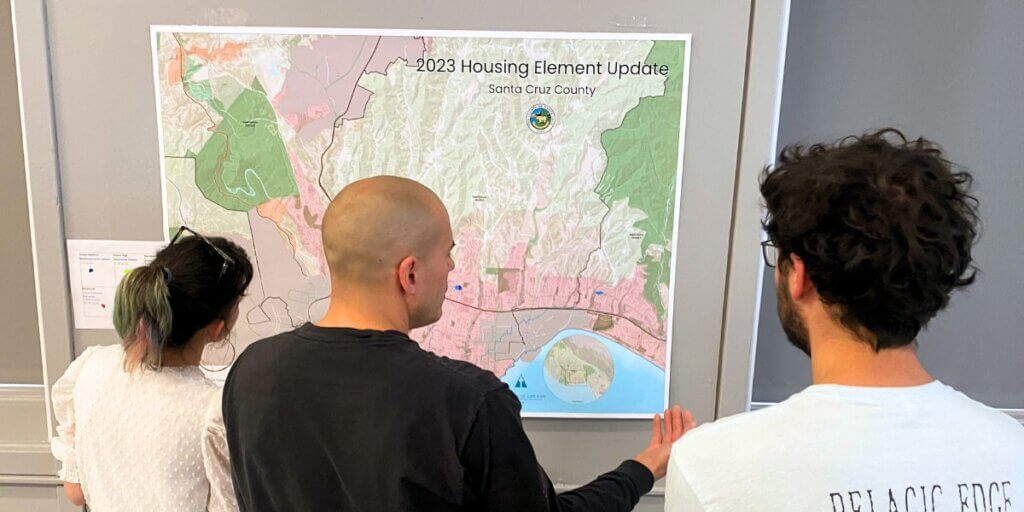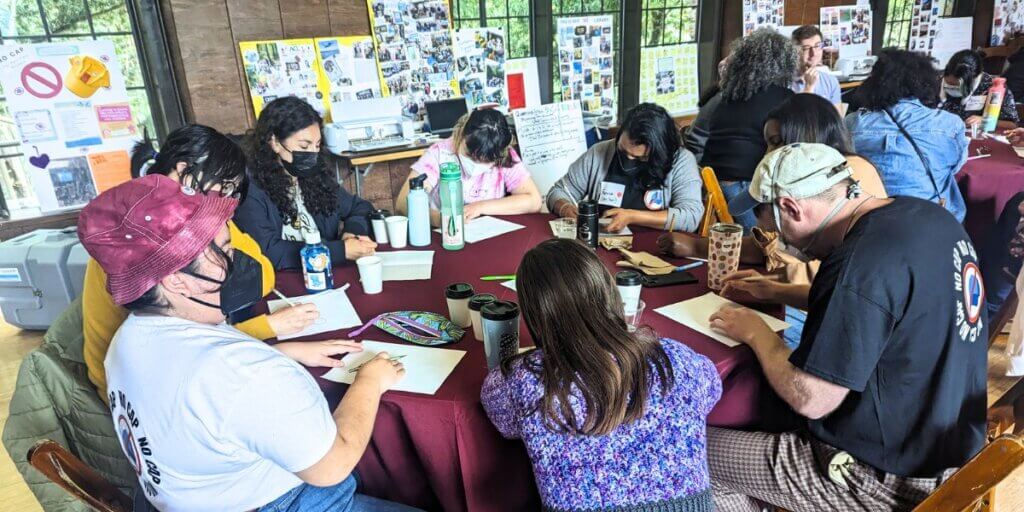Blog Post
Leveraging the Power of Apprenticeships
In a continuation of our work with California’s Employment Training Panel (ETP), we recently wrapped up a 10-month design process…

California Health and Human Services (CHHS) wanted to find a way for diverse users across a wide range of needs to share how they were leveraging data to improve service delivery across the state. Staff weren’t sure what the right solution was, but knew they wanted to directly engage stakeholders to inform the end product, so we initiated a service design project to help.
A Co-Design session to validate personas developed as part of our discovery process.
In a continuation of our work with California’s Employment Training Panel (ETP), we recently wrapped up a 10-month design process…
Berkeley Public Library’s team hosted a All-Staff Day in September, 2023 that they wanted to be rooted in Human-Centered Design…


